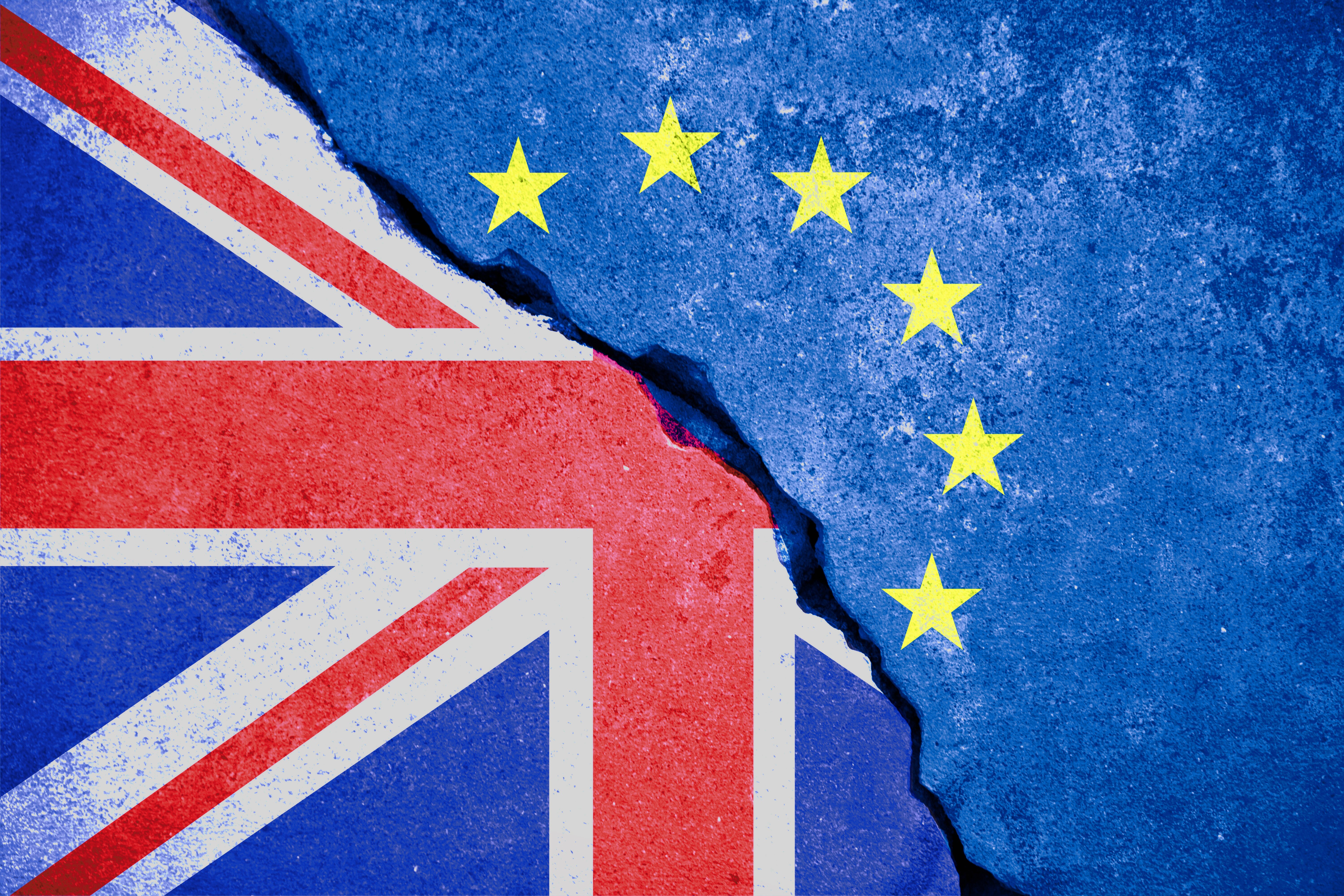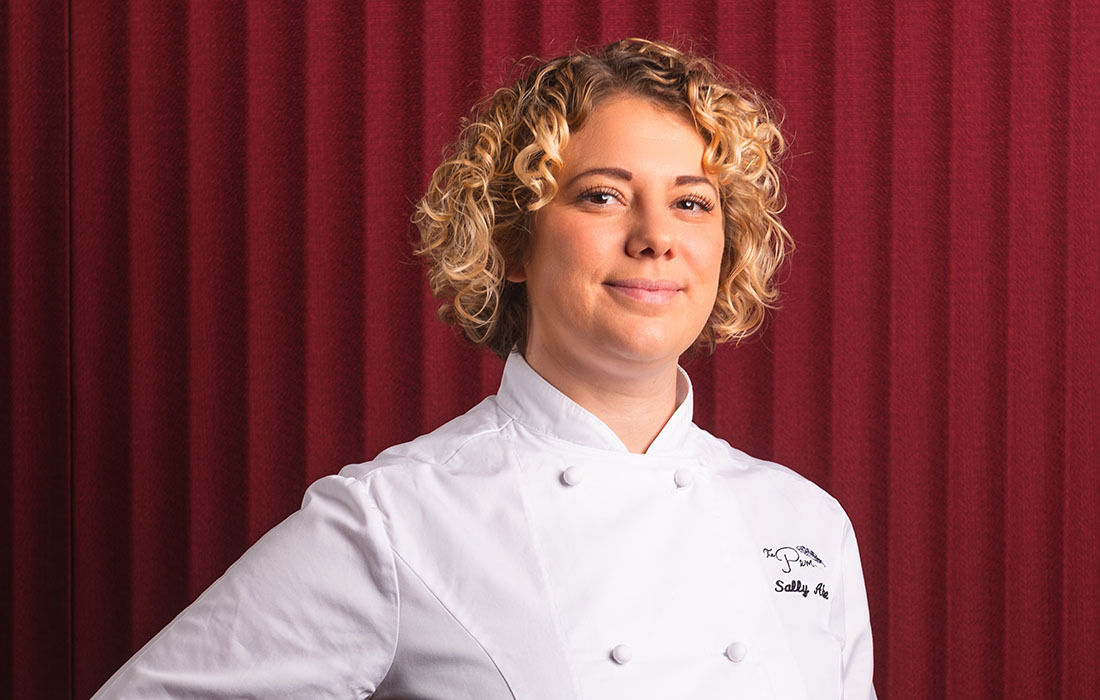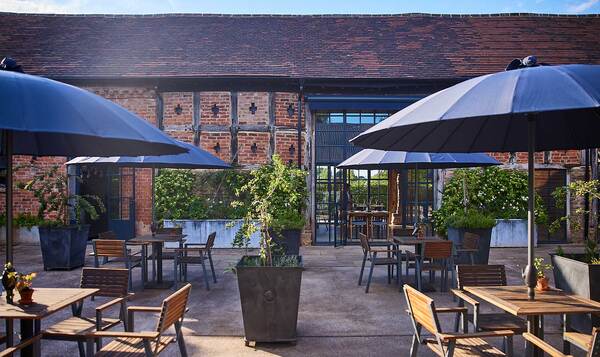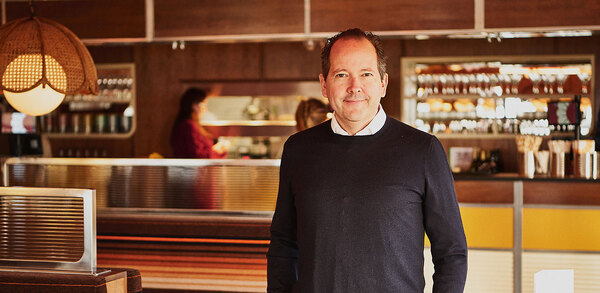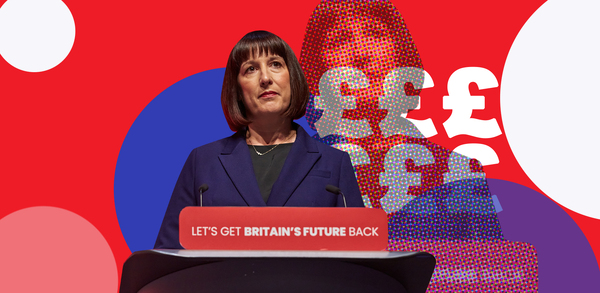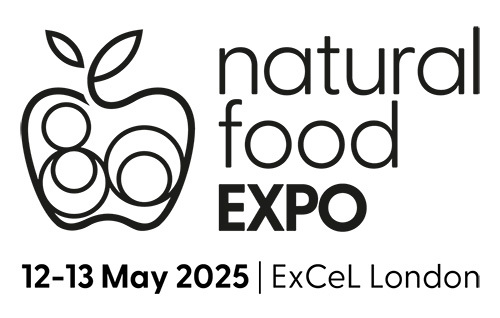The bright side of Brexit: operators and suppliers on the opportunities for UK business
Love it or hate it, the United Kingdom has left the EU. Ben Walker discovers what positives this will bring for hospitality.
In the face of the unprecedented challenges posed by Covid-19, hospitality has demonstrated its agility, innovation and resilience. And when it comes to Brexit, the industry is no different.
“Love it or hate it, the reality is that it’s happened and we’ve all had to adapt and will continue to adapt to the changes Brexit brings,” says Bill Toner, chief executive of CH&Co. As Toner highlights, the unravelling and repositioning of our 47-year relationship with the European Union is a colossal and fiendishly complex project. So, while the political rhetoric was to ‘get Brexit done,’ the reality is that Brexit remains very much a work in progress.
We’ve all had to adapt and will continue to adapt to the changes Brexit brings
The very worst of the disruption at EU/UK borders is affecting exports. The impact on imports so far has been minimal, according to Stuart Smith, UK merchandising director at Brakes Group, although the supply chain will not be fully tested until hospitality fully reopens: “Some smaller suppliers are struggling with import paperwork – simple things like not having a UK location for VAT registration effectively blocks them from selling to the UK. However, we hope that these are short-term issues.”
At the time of writing, from April all products of animal origin will require pre-notifications and health documentation and any grace periods will fall away. In July, there will be the end of the UK Border Operating Model, and the full burden of customer declarations will become permanent. Smith says: “While we feel cautiously optimistic, we remain conscious that we have not yet seen the full impact of Brexit, so we remain ready to support our customers through any potential difficulties.”
While we feel cautiously optimistic, we remain conscious that we have not yet seen the full impact of Brexit
Fairer farming
Organisations need to work together to overcome problems and they are keen to stay positive now that Brexit has finally happened. A spokesperson for Sodexo expects there will be “benefits from exiting the European Union” and adds: “Due to our extensive planning, we continue to operate from a position of strength.”
Others in the supply chain are looking beyond the current disruption to the potential for a brighter future. For David Read, chairman at Prestige Purchasing, exiting Europe’s Common Agricultural Policy presents the UK with “a once-in-a-lifetime opportunity to change our food system for the better”.
The new 2020 Agriculture Bill has replaced the Common Agricultural Policy (CAP), which, depending on your view, helped or hindered British farmers from 1973 to 2020. The main criticism of the CAP was its payment of subsidies to farmers based on the amount of land they managed. This rewarded wealthy landowners, pushed up land prices, prevented new entrants and encouraged the farming of unproductive land.
In contrast, the new Agriculture Bill provides financial support for farmers who produce environmental benefits such as clean air, clean water, thriving wildlife, increased animal welfare standards and “opportunities to engage with the natural environment”.
Read says: “[In agriculture] we’ve had an obsession about volume of production and actually, globally, food production is not about volume any more. It’s about nutrition, quality, and increasingly, protecting the environment.”
The new bill’s £3b funding roughly matches the total subsidy UK farmers received from the EU and will be determined through farmers entering into environmental land management contracts.
Farmers broadly back the new bill, although, controversially, an amendment to require all imported food to meet domestic UK standards was rejected by Conservative MPs in October 2020.
“The rejection of the amendment is surprising, given the general direction of the Agriculture Bill, which is to increase standards. It’s a bit dysfunctional and has led to concern,” says Read. In theory, a future trade deal with the US, for example, where food standards differ, could result in low-quality imports undercutting UK farmers. “The door is open, but we don’t have to walk through it,” reckons Read.
In addition to widespread public opposition and lobbying by food and farming organisations, there is another factor that may mitigate against Britain being flooded with cheap, low-quality food imports. The cost of shipping goods has soared during coronavirus. Will prices come down again? Perhaps, but a return to pre-Covid levels is not guaranteed.
“The issues that exist around international freight caused by Covid are going to have a fundamental effect on globalisation,” argues Read. “The days of us moving anything anywhere on the planet may not be the same in the future. I think Covid has been a big shock to a lot of systems.”
The days of us moving anything anywhere on the planet may not be the same in the future
Keep it local
If long-distance import costs stay high, buying local or nearer to home becomes more attractive. As reported by The Caterer, Britain’s wine dealers, for instance, have been cheered by less-than-expected red tape for importing European wine and exporting British wine to the EU. At the same time, buying bottles from further afield, such as Argentina or Australia, requires extra paperwork and higher costs.
Britain has an ambitious and expanding wine industry. With a growing trend for vineyards to offer accommodation and dining, British wine looks destined to boost tourism as well as become a more widespread premium choice in hospitality venues. Research by CGA says on-premise sales of British sparkling wine were up 37% in the year to February 2020 and distribution increased 42% to 4,200 outlets.
Optimists believe that the UK’s independence from Europe will reinforce the growing popularity of seasonal and locally produced food and drink.
“The cost of unseasonable imported fruit and vegetables will rise and will become less attractive to the consumer. There is also a big awareness now of carbon footprint. It’s clearly absurd that consumers expect strawberries on their plate on Christmas Day when they have arrived from Israel or South America,” says Read.
Fish and seafood are good examples of under-utilised local produce. If suppliers are struggling to export due to increased bureaucracy, then hospitality operators who can use menu descriptions such as ‘market fish’ or ‘catch of the day’ will find a good choice of high-quality, good-value domestic produce, notes Rachel Dobson, managing director of Lynx Purchasing.
The amount of fish eaten in the UK is low compared to countries like Spain and France. For an island nation, it is peculiar that Britain is a net importer of seafood, with 70% of the fish we eat coming from overseas.
Brexit presents an opportunity to redress this imbalance and positively educate and change consumer tastes, argues George Clark, programme director for the Marine Stewardship Council (MSC) UK and Ireland.
“Hake is a brilliant example of a UK-caught, MSC-certified sustainable species rising in popularity among UK diners and shoppers, and we’ve seen that demand bring real benefits to fishing communities,” he says.
There is a wide choice of MSC-certified sustainable species, including Cornish sardines, Poole clams, brown shrimp from the Wash, Scottish mussels, haddock, saithe and plaice, and cockles from Burry Inlet or the Thames Estuary.
“The consumer needs to learn to love the things that are amazing from our own shores. And there are many. But what happens now is that our seafood suppliers get a better price for it overseas because the demand is greater,” observes Read.
The consumer needs to learn to love the things that are amazing from our own shores
One of the biggest opportunities lies in the UK’s £2.4b annual public food budget, which is no longer governed by EU rules. When procuring food for schools, hospitals, prisons, the armed forces, government agencies and care homes, the government can now take the lead by making commitments to buy British, support local farmers and reduce environmental costs.
“We can now be much more prescriptive about what people who buy food in the public sector can and can’t do. There’s a real opportunity here to help shape and improve our home-grown food production,” believes Read.
People power
Brexit was already revealing its double-edged sword well before 1 January 2021. Following the 2016 referendum, the value of the pound dropped, resulting in a very welcome increase in international visitors. At the same time, the weaker pound and the referendum result itself made EU workers reconsider their positions. Many decided to return to their home countries. Hospitality, therefore, faced staffing shortages at a time of increased demand.
During the pandemic, this wave of repatriation has grown much bigger. According to the Economic Statistics Centre of Excellence, coronavirus has caused a 1.3 million drop in the UK population, the largest since the second world war. An “unprecedented exodus” of foreign workers contributed to this drop, with 700,000 leaving London alone.
Over time, patterns of migration change. Although recruiting directly from the EU will now represent a significant added cost, other sources of talent are likely to open up. For instance, a new pathway for Hong Kong residents to become British citizens is forecast to attract 300,000 new arrivals. Some of these will find their way into our hotels and restaurants and Britain may experience a new wave of modern Asian cuisine.
In general, the good news about the new immigration rules is that Irish citizens can work in the UK without a visa, and EU nationals already living in Britain still have until 30 June 2021 to apply for settled or pre-settled status.
As with the supply chain, Brexit and the pandemic are encouraging (or forcing) hospitality operators to take a more sustainable and home-grown approach to their staffing needs.
In a recent Brexit webinar hosted by workforce software provider Harri, Chris Fletcher made an analogy between hospitality and football. The entrepreneur and former operations director at Carluccio’s said: “When the Premier League was founded, it brought in lots of foreign players who eventually affected our national game and we were rubbish. Then, all of a sudden, we invested in academies and really brought young British footballing talent back.
To aid the recovery, the government’s Kickstart Scheme is a low- or no-cost way for hospitality businesses to take on young people once the sector is back to capacity. The warmly welcomed fund creates new job placements for 16- to 24-year-olds on Universal Credit who are at risk of long-term unemployment. The grants cover:
- 100% of the National Minimum Wage (or the National Living Wage, depending on the age of the participant) for 25 hours per week for a total of six months.
- Associated employer National Insurance contributions.
- Employer minimum automatic enrolment contributions.
- A further £1,500 for training and support per work placement.
Employers can either apply for Kickstart grants directly or through a Kickstart Gateway organisation, such as Umbrella Training and the Springboard Charity. A previous requirement for a minimum of 30 work placements per employer has been scrapped, meaning businesses of all sizes can apply for the funding.
Adele Oxberry, chief executive and founder of Umbrella Training, says: “The funding offered through this initiative will be invaluable to businesses that are struggling from the economic fallout of the pandemic and resourcing implications brought about by Brexit. The increasing need for a sustainable home-grown workforce now that free movement has ended is going to be vital when organisations look to build and develop their people strategies.”
The operator’s view: Bill Toner, chief executive, CH&CO

“Throughout 2020, our teams were preparing for all eventualities, including a no deal. We had all the required communication channels in place for clients, suppliers and our people and in-depth plans for every scenario. If navigating through a global pandemic has taught us anything, it’s how agile the hospitality industry can be, so we weren’t phased.
“Thankfully, a deal was struck at the last hour. However, it’s all a bit of a false reality, as Covid-19 and lockdown have skewed the landscape. Our parts of the business that were open and our supply partners were well stocked for January. Lockdown and further closures meant volumes and supply chain pressures are significantly down on this time last year. We’ve therefore had no supply issues, which was always a top concern. We’ll see the real impact of Brexit once things open up again and pressures throughout the supply chain and on staff levels increase rapidly.
“That said, we remain positive that our Brexit plans, our strong relationships with clients and supply partners and the tenacity that our teams have shown will stand up to any challenge Brexit may throw at us.”
The supplier’s view: Stuart Smith, UK merchandising director, Brakes Group

“The industry is operating at much lower capacity, so we have yet to see a material impact on imported supply.
“We have been planning for all eventualities for several years. For the most part, our suppliers have the relative simplicity of only importing one type of product, and thus far the full import restrictions have not yet been enforced.
“With fresh produce, there have been relatively few issues and only some minor additional ‘friction’ costs. In fact, the biggest issue has been bad weather across parts of Europe, affecting crop yields and quality.
“The supply from Great Britain to the island of Ireland remains a problem. This is particularly true of composite (mixed) loads, which require every type of paperwork; Rules of Origin proving difficult to evidence but crucial if duty is to be avoided; and Products of Animal Origin are difficult to make cost-effective, given the requirement for veterinary checks.
“We continue to look for and implement solutions that minimise the disruption, for example, with routes that bypass Great Britain [from France to the Republic of Ireland] to avoid this complexity.”



